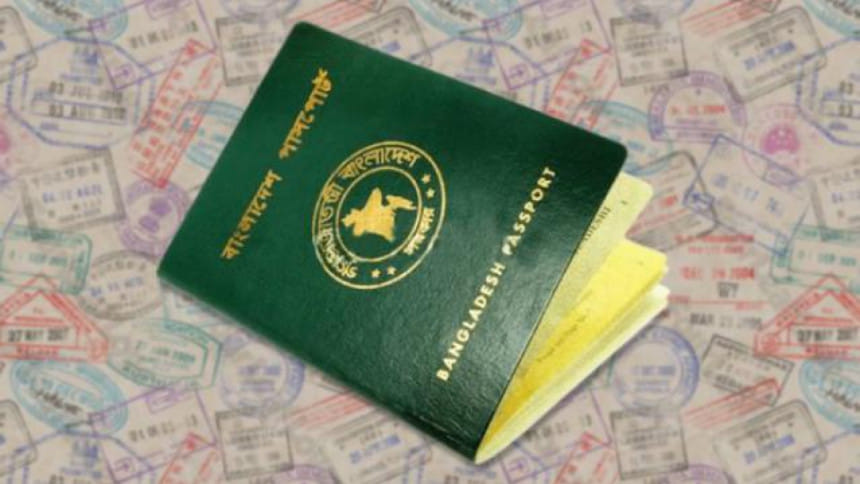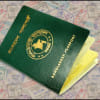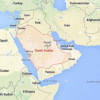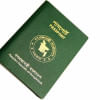One step forward to e-passports for Bangladeshis

The planning ministry is expected to place a project proposal at today's meeting of Executive Committee of the National Economic Council (Ecnec), for introducing electronic passports (e-passports) for Bangladeshi citizens, making a transition from the Machine-Readable Passport (MRP) era, sources said.
The project, titled “Introduction of E-Passport and Automatic Border Control System in Bangladesh”, is estimated to cost around Tk 4,636 crore and will be implemented by the Department of Immigration and Passports between July 2018 and June 2028.
Asked about the MRPs that citizens are currently using, Maj Gen Md Masud Rezwan, director general of passports department, told The Daily Star yesterday that e-passports would gradually replace MRPs.
People having MRPs will be able to use it until its validity expires. They will be given e-passports during renewal, he said.
Officials said the e-passport system would increase security and accessibility of Bangladeshi passports worldwide.
Such passports, also known as biometric passport or digital passport, have embedded electronic microprocessor chips which contain biometric information used to authenticate the identity of the holders.
Around 120 countries have already introduced e-passports, with the UK, USA, Australia, Canada and Malaysia introducing it almost a decade ago.
Passport officials said the size of e-passport would remain the same as the current MRPs. However, the two pages with the passport holder's details, which now appear in the beginning, would be replaced by a polymer card embedded with a chip containing the passport holder's personal information.
As per a planning ministry proposal, Bangladesh introduced MRP and machine-readable visa system on April 2010, in accordance with the International Civil Aviation Organisation (ICAO) guidelines.
However, back in October 2009, a parliamentary body chaired by Col (retd) Oli Ahmed asked the government to cancel the MRP project and introduce electronic passports instead, to save public money, arguing that MRPs would soon become obsolete.
According to the latest proposal, there is a possibility of forgery and no scope to preserve fingerprints with the current MRP. As a result, taking benefit of a weakness in the system, fake passports can be made.
Against this backdrop, Prime Minister Sheikh Hasina in April 2016 directed the authority concerned to take necessary steps to introduce e-passport.
A memorandum of understanding (MoU) was also signed with German firm Veridos GmbH during the PM's visit to Germany in February last year.
Under the project, 2.80 crore e-passport booklets will be produced in the country, while 20 lakh will be imported.
Demographic information, fingerprints, photo of cornea and digital signature will be collected, verified and preserved in the server of central data centre and disaster recovery centre.
After the passports are printed at a personalisation centre, they will be distributed through regional passport offices, embassies or high commissions.

 For all latest news, follow The Daily Star's Google News channel.
For all latest news, follow The Daily Star's Google News channel. 







Comments